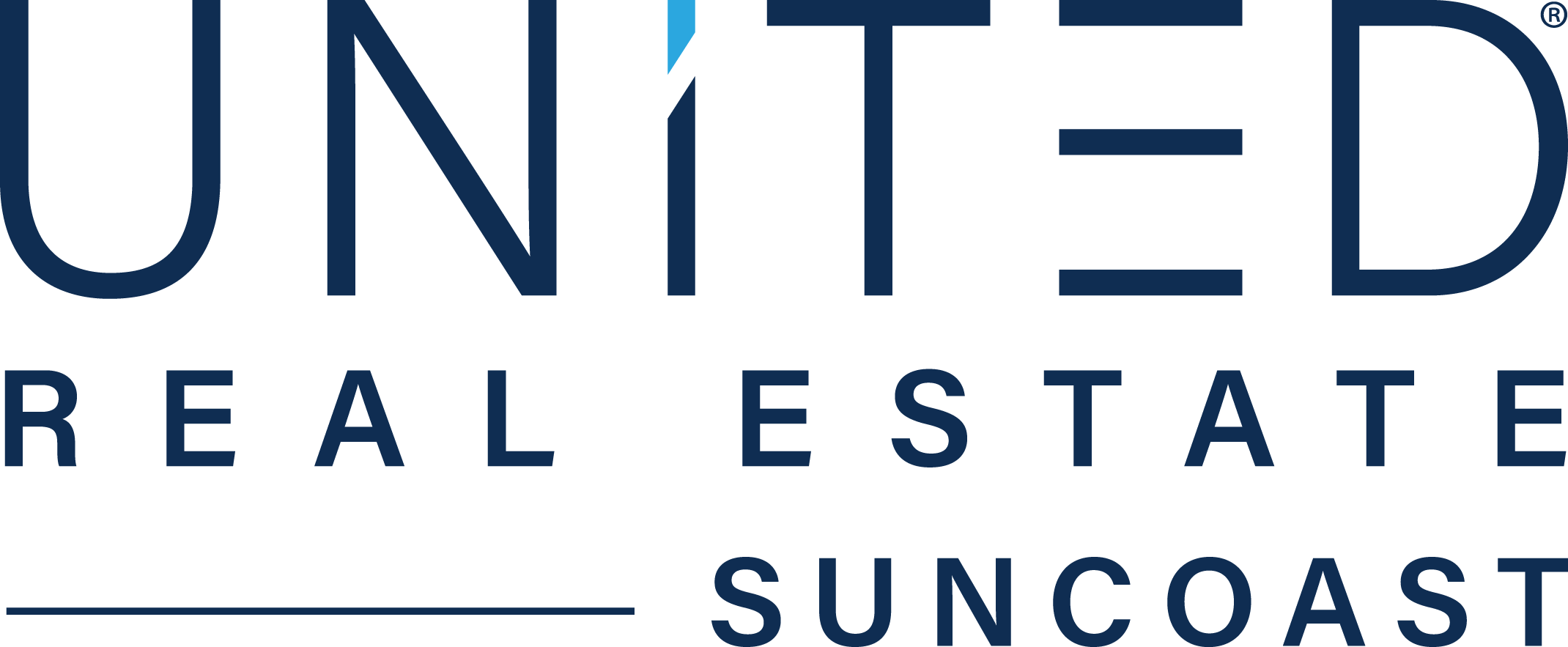CHICAGO – As a real estate agent, it’s inevitable that you’ll get offers from competing brokerages, each promising greener pastures, shinier compensation and cooler logos. But before you jump ship, it’s essential to understand what loyalty in business really means and when it’s time to make a move for the right reasons—not just the most enticing ones.
My perspective comes from experience as a broker-owner and operator for the past seven years. I’ve seen firsthand the impact of strategic decisions—both good and bad—on the long-term success of agents and brokerages. Navigating loyalty, culture and the race to the bottom is not just theoretical; it’s something I witness every day.
Loyalty in business: what does it really mean?
Loyalty is often thought of as staying put, never changing sides. In business, however, loyalty has a deeper, more nuanced meaning. True loyalty lies in your commitment to your long-term success, the service you provide to clients and maintaining ethical business practices. It’s not about staying with the same brokerage forever; it’s about aligning yourself with people and companies that genuinely help you grow.
Taking a recruiting meeting with your competition doesn’t make you disloyal. In fact, it can be a smart business move. Listening to what others have to offer can help you stay informed, understand industry trends and possibly gain insights that improve your current situation. The key is not to be swayed by surface-level perks, but to dig deeper and evaluate what truly benefits your business and your clients.
Changing brokerages for the right reasons
It’s tempting to switch brokerages when you’re lured in by flashy commission splits, trendy branding or promises of a more flexible work environment. But these perks are just that—perks. The foundation of your real estate career should rest on more substantial factors:
Culture and support: Does the brokerage offer mentorship, training or a collaborative environment that nurtures your growth?
Tools and technology: Will switching to a new brokerage give you access to better systems, lead generation, or CRM tools that improve your efficiency?
Brokerage leadership: Do the leaders align with your values? Are they investing in your long-term career success, or are they more focused on short-term wins?
Making a change should be about finding a brokerage that aligns with your business model and values, not just the one offering the highest payout in the short term. Such a gesture might make your paycheck look better today, but without the right support and resources, your long-term growth could be stunted.
Strategy for agents who survive the 3-year mark
Let’s face it, not everyone makes in the real estate industry. Past data by the National Association of Realtors® found that a significant percentage of agents drop out of the business within the first few years. If you’ve made it past that point, congratulations! You’re part of a group of dedicated professionals. Now it’s time to shift from survival mode to strategy.
This is where business planning becomes critical. The agents who thrive beyond those first few years are the ones who:
Invest in relationships: Real estate is a people business, and relationships will always outperform any lead generation tool.
Focus on niches: Becoming the go-to expert in a specific area—whether it’s luxury homes, first-time buyers or investment properties—helps differentiate you from the rest.
Run their business like a business: Many agents start off with a “let’s see how this goes” mindset. But to grow, you need a clear business plan with marketing strategies, financial goals and continuous education.
The race to the bottom: At what cost?
One of the biggest concerns in the current recruiting landscape is the “race to the bottom” mentality, where brokerages and agents focus solely on transaction numbers and compensation. This transactional approach undermines long-term success and client satisfaction.
When a brokerage recruits an agent solely for their transaction count or because they can offer more attractive compensation, it fosters a more superficial relationship between agent and broker. This can create a toxic work environment where agents feel like cogs in a machine rather than valued partners. For agents, it often leads to burnout and a lack of genuine professional growth. And what about the clients? A more transactional business model can erode the personal, client-first approach that real estate should be centered on.
At the end of the day, if you treat your business as just a series of transactions, your clients will feel it, and they may take their business elsewhere.
The cost to agents and clients
This race to the bottom affects more than just brokerages. Agents who are jumping from brokerage to brokerage, chasing something better, may find themselves disconnected from the support systems that truly help them succeed. This lack of continuity can hurt not only their professional development but also their client relationships.
Clients expect consistency, reliability and a knowledgeable agent who is deeply familiar with the market and process. When agents get caught up in the hustle for the best deal, they may lose sight of what matters most—delivering excellent service to their clients. And when client experiences start to suffer, your referral pipeline dries up, making long-term success much harder to achieve.
Take the meeting, but be strategic
When you get that next call for a recruiting meeting, take it—but don’t make decisions based on what’s shiny. Evaluate if the move will truly help you grow, serve your clients better and aligns with your long-term goals. Loyalty in real estate isn’t about staying in one place; it’s about staying true to your vision and making strategic moves that benefit both you and your clients.
The transactional race to the bottom may seem enticing at first, but the cost to your career and client relationships is too high. Make moves that matter.
© 2024 National Association of Realtors® (NAR)


